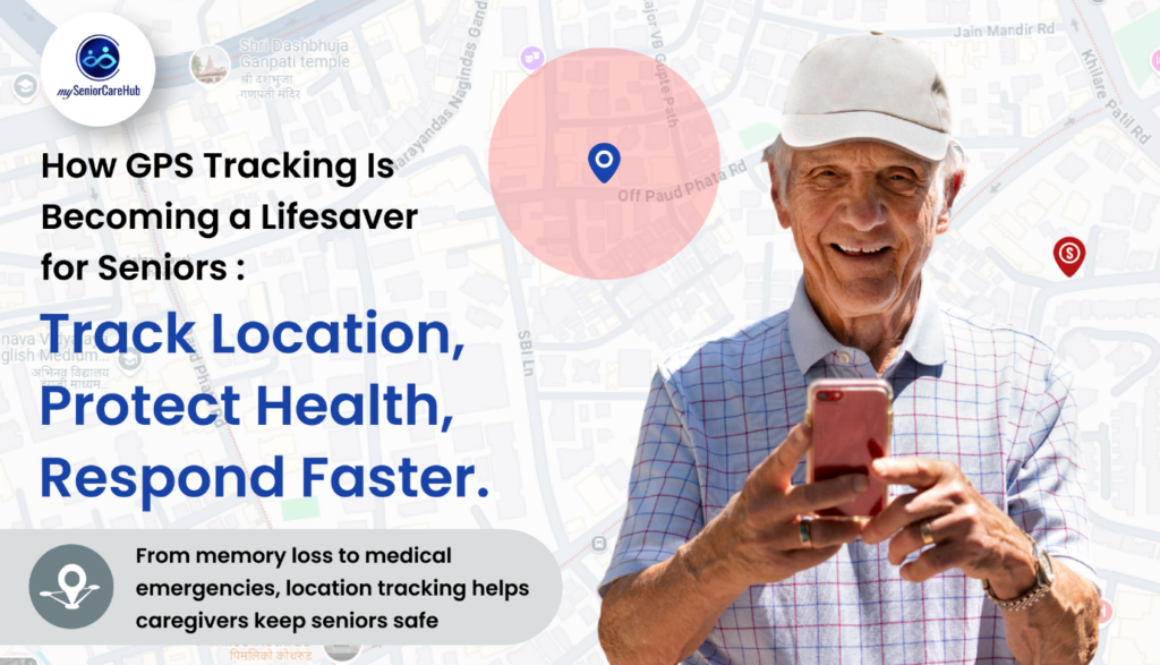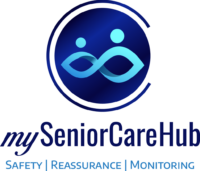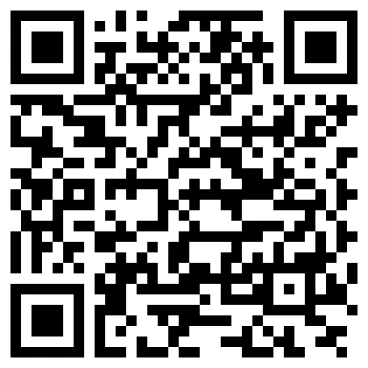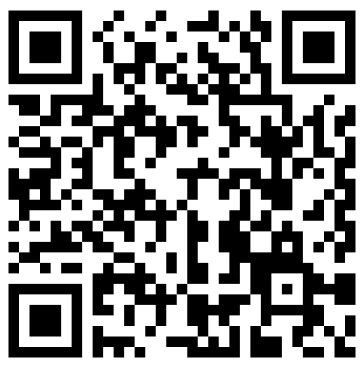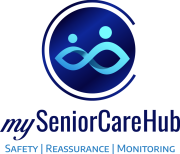Uses of Location Tracking in Senior Health: A Smart Way to Stay Safe in Dementia and Alzheimer’s
Why Is Elderly Location Tracking Important? Specially GPS Location Tracking App for Alzheimer and Dementia Patients
We all want our elderly loved ones to live long and happy lives, but it is normal for them to need assistance to maintain a secure and fulfilling life as they age. As our loved ones grow older, ensuring their safety becomes just as important as supporting their independence. Studies show that two-thirds of elderly adults require help with one or more daily activities. Even though many seniors want to lead active, independent lives, daily outings can become dangerous due to the possibility of unexpected health problems like memory loss, falls, or fainting. This is where location tracking steps in.
The mySeniorCareHub app offers a built-in location tracking feature that allows caregivers to monitor a senior’s real-time location, receive alerts if they exit safe zones, and respond quickly during emergencies. It’s not just about knowing where they are—it’s about acting when it matters most. Monitoring a senior’s whereabouts is crucial for timely assistance and comfort in the contemporary healthcare setting.
Situations in Which Location Tracking Is Beneficial
For good reason, seniors cherish their independence, but some medical conditions can subtly make everyday tasks risky. When certain medical conditions are present, it might not be as safe to take a stroll in the park, go to the market, or even just go outside for some fresh air. This is where location tracking goes from being a convenience to a potentially life-saving tool.
Dementia and Alzheimer’s: When familiar places feel unfamiliar – Location Tracking & Geo Fencing App
Elderly people suffering from dementia often experience confusion, memory loss, and difficulty recognizing familiar locations, including their own homes. One of the most common and concerning symptoms is wandering. Imagine this: a senior steps out for their usual evening stroll, but this time, they forget which path leads home. Minutes turn into hours, and panic sets in. Six out of ten individuals with dementia will wander at least once, making this a common occurrence. Unfortunately, some may not find their way back.
That’s where mySeniorCareHub comes into play. With real-time location tracking and safe zone alerts, caregivers are notified immediately when a senior steps outside a defined perimeter. No frantic calls. No guessing. Just swift, calm, and effective action.

Parkinson’s Disease: The freeze no one talks about – App for Location Tracking
Parkinson’s is a progressive disorder that affects movement and balance. Seniors with Parkinson’s may experience sudden muscle rigidity, tremors, or a phenomenon known as “freezing,” where their body temporarily stops responding. A walk can turn into a standstill—the feet feel glued to the floor, mid-crosswalk, mid-step.
Imagine this occurring when the individual is by themselves. Caregivers do not need to wait for a distress call when location tracking is used. If they observe unusual delays or stillness, they can check in right away. A minor incident can be kept from turning into a serious emergency with prompt outreach.
Cardiovascular Conditions: Stroke, Heart Attack, and Arrhythmia
Conditions like coronary artery disease, atrial fibrillation, and previous strokes increase the risk of sudden cardiac events. A senior may faint, lose balance, or become unresponsive without warning. These episodes are particularly dangerous if the person is alone or away from home.
The faster medical help arrives, the better the outcome, especially in strokes, where every minute counts to reduce brain damage. With real-time location tracking, family members or emergency responders can reach the senior without delay, avoiding critical loss of time during emergencies.”
With mySeniorCareHub, even if a senior can’t speak or reach their phone, their last known location is always visible. That’s huge. It’s the difference between delayed discovery and rapid rescue, something that’s especially critical when treating strokes, where “time is brain.”
Diabetes & Hypoglycaemia
Seniors with diabetes are prone to sudden drops in blood sugar, particularly if they’re on insulin or certain oral medications. Hypoglycaemia can cause dizziness, confusion, slurred speech, or even unconsciousness. The problem is that these symptoms can appear at any time, whether you are walking, shopping, or driving.
If a senior with diabetes is discovered fainting or confused in a public setting, it might not be immediately clear to onlookers what is going on. However, mySeniorCareHub eliminates the need for guesswork for caregivers. The app helps them track their loved one’s route, spot delays, and reach them before things escalate. It’s like having a silent safety net always in place.
Epilepsy and Seizure Disorders
Though not as common in seniors, epilepsy and other seizure conditions can occur, especially due to brain injuries or post-stroke complications. A seizure can leave a person disoriented or unconscious in unfamiliar surroundings. Not all seniors with seizures get a warning. Some fall suddenly. Others recover with no memory of what just happened. And post-seizure confusion can be terrifying.
If this happens outdoors, in an unfamiliar area, it could mean long delays in getting help—unless someone’s watching. With location tracking, families don’t have to wait for a call that may never come. They already know where to go.
Mental Health Conditions: Depression, Anxiety, and Social Withdrawal
Mental health challenges in older adults often go unnoticed. Seniors dealing with depression or anxiety may isolate themselves, leave the house without informing anyone, or avoid communication entirely. Some may go for long walks to clear their minds and forget to return, especially if they’re also dealing with early cognitive decline.Depression and anxiety don’t always look dramatic. Sometimes it’s just a senior skipping meal, avoiding calls, or walking off to be alone except they forget to come back.
In such moments, location tracking offers a gentle layer of oversight. It provides loved ones with a discreet reassurance without interfering; it is a way to ensure a senior’s safety without having to check in all the time. And assistance is only a tap away if something does not feel right.
These aren’t rare scenarios. They happen every day to someone’s parent, someone’s grandparent, or someone’s partner. The good news? With technology like mySeniorCareHub location tracking, we’re no longer powerless in the face of uncertainty. We’re proactive, present, and prepared.
Location Tracking for Everyday Safety: Not Just for Emergencies
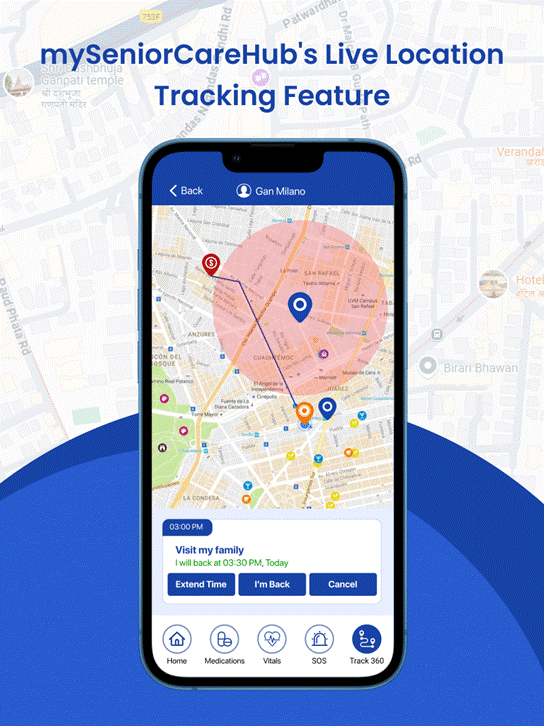
You don’t need a medical crisis to realize the value of location tracking. For many families, it is about finding peace of mind in the seemingly routine moments that can suddenly become unpredictable. Not all seniors are homebound. Many live active, independent lives. They go for morning walks, visit the market, attend religious gatherings, or simply enjoy a solo cup of tea at a nearby park. That autonomy is crucial. However, it also entails unspoken concerns for family members and caregivers.
What if they took a new route today and got lost?
How would they call for assistance if they slipped?
These aren’t dramatic fears. These are common worries, and location tracking helps close the gap between providing autonomy and guaranteeing security. With mySeniorCareHub, families can see where their loved one is in real time. They can check in if something seems strange, such as a longer stay than usual. It’s not about controlling or monitoring. It’s about staying connected quietly like a digital safety hand always ready in the background.
The bottom line is that location tracking is about assurance, not illness, even for healthy, self-sufficient seniors. It adds a layer of care that doesn’t intrude but stands ready when needed.


